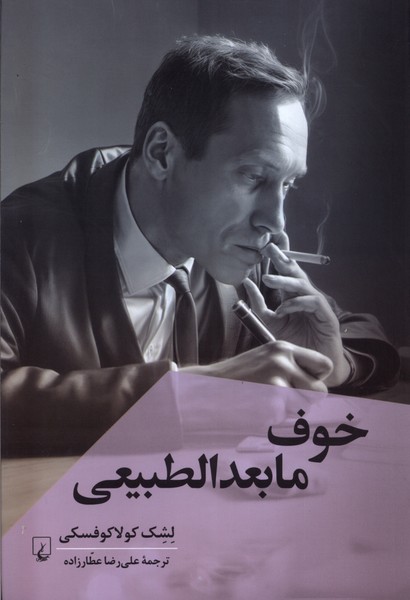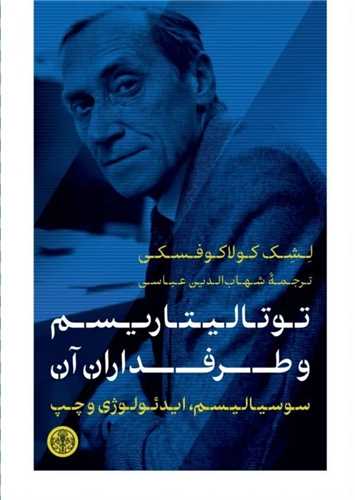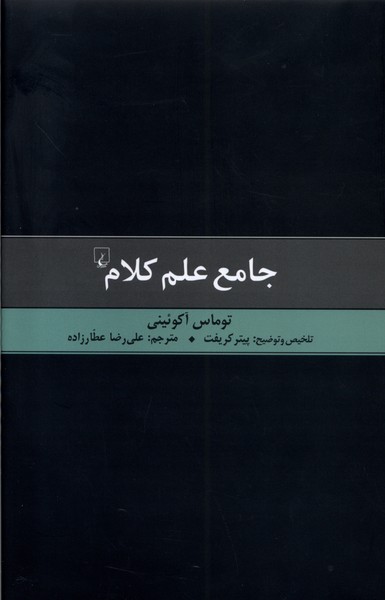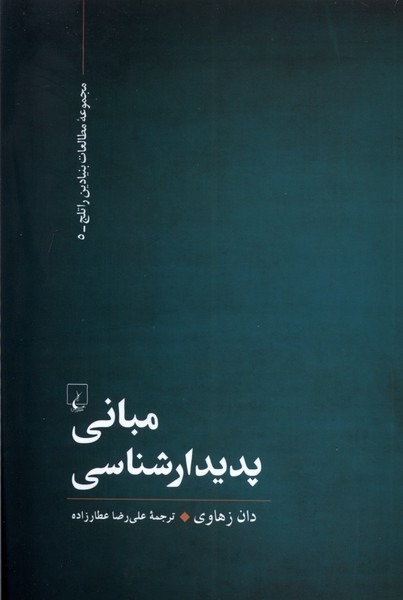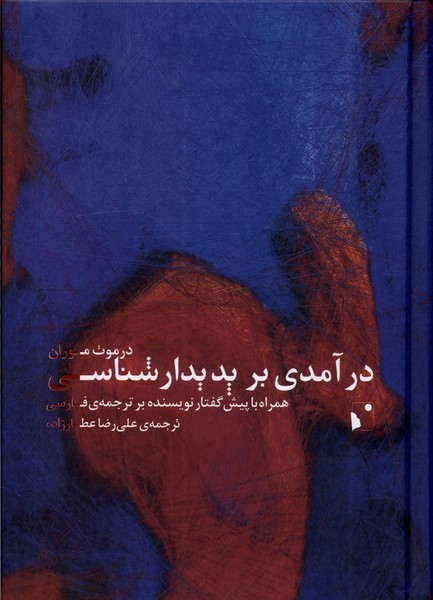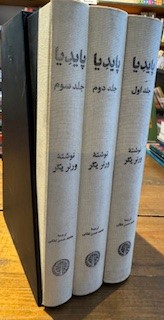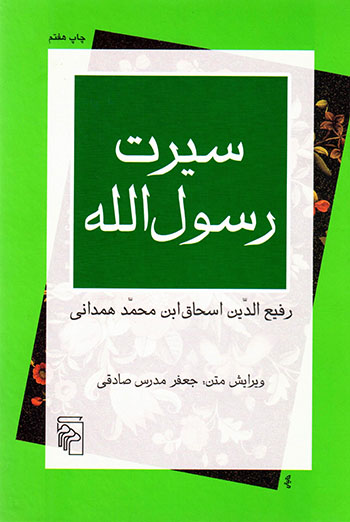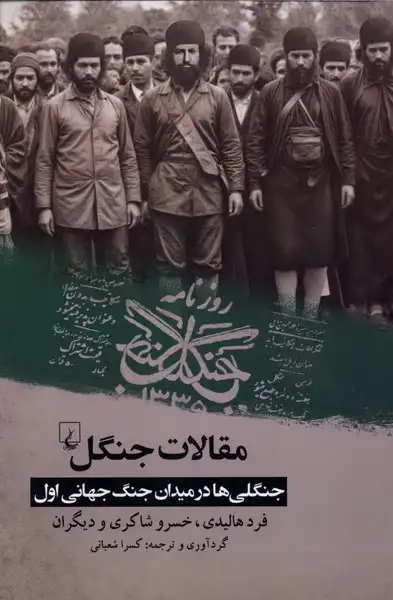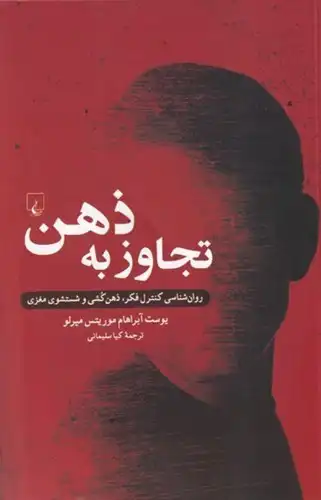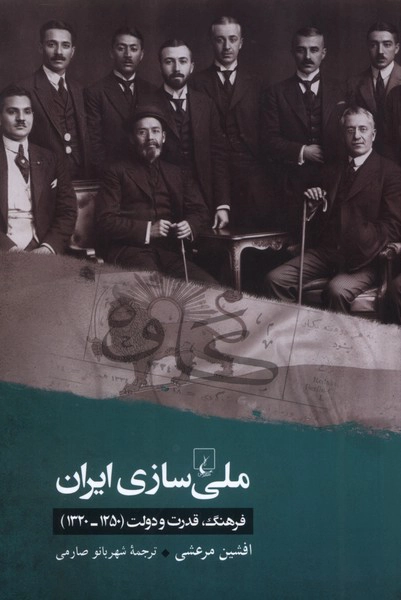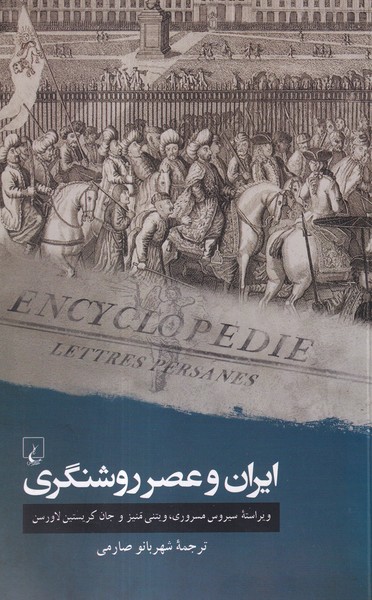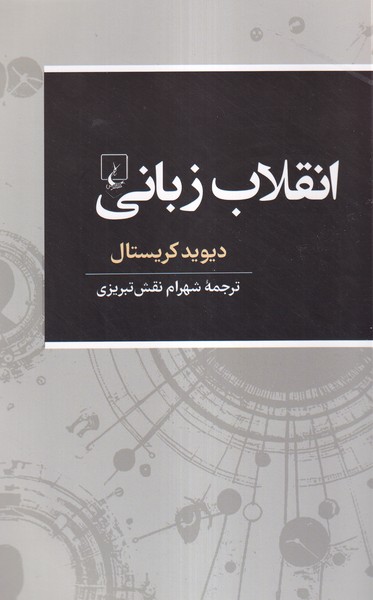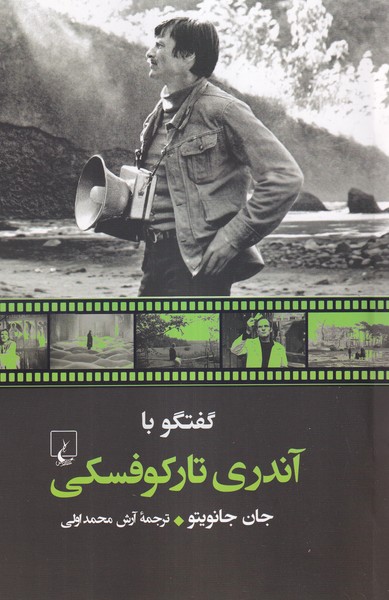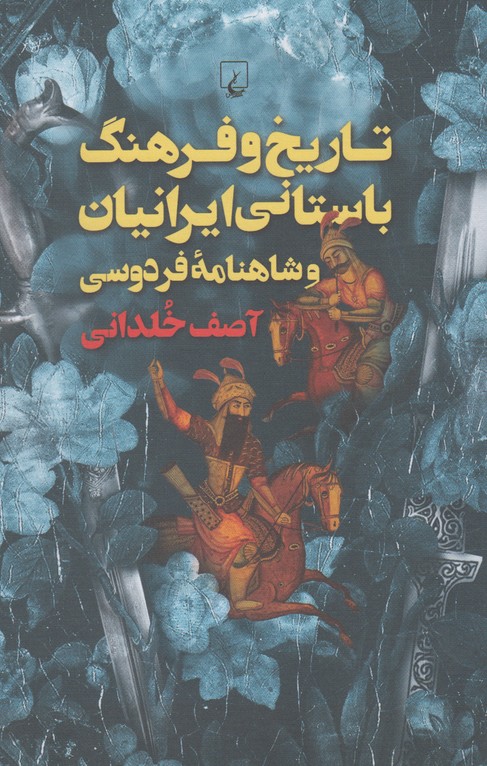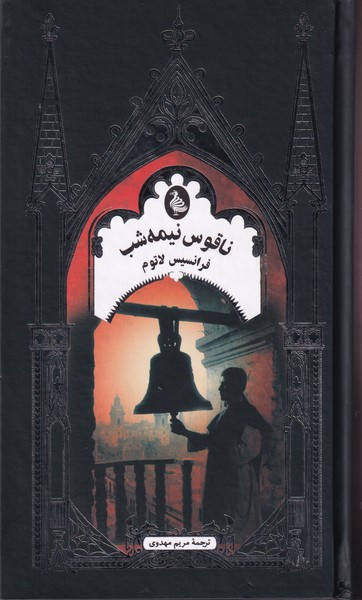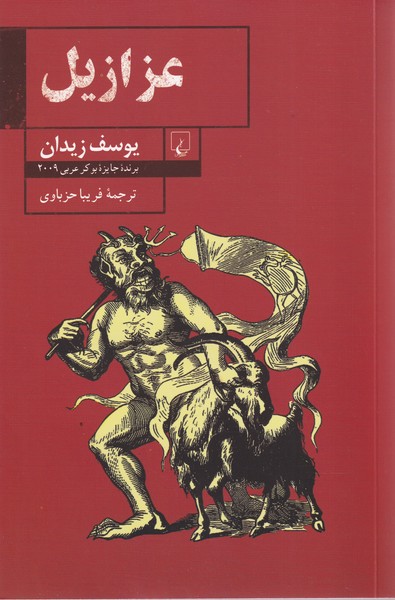خوف مابعدالطبیعی فارسی 1403
Khawf-i Mā'bu'd-i'al-Ṭabī'ī
15٫33 $
اشتراکگذاری
Wishlist
شابک:
9786220405405
مترجم:
'alī Riz̤ā 'aṭṭār'zādah
ناشر:
Quqnus
گروه سنی:
بزرگسال
صفحات:
176
وزن:
170 g
ابعاد:
14 x 21 x 1٫6 cm
جلد کتاب:
شومیز
For over a century, philosophers have argued that philosophy is impossible useless, or both. Although the basic notion dates back to the days of Socrates, there is still heated disagreement about the nature of truth, reality, knowledge, the good, and God. This may make little practical difference to our lives, but it leaves us with a feeling of radical uncertainty, a feeling described by Kolakowski as "metaphysical horror." "The horror is this," he says, "if nothing truly exists except the Absolute, the Absolute is nothing; if nothing truly exists except me, I am nothing." The aim of this book, for Kolakowski, is finding a way out of this seeming dead end.
In a trenchant analysis that serves as an introduction to nearly all of Western philosophy, Kolakowski confronts these dilemmas head-on through examinations of several prominent philosophers including Descartes, Spinoza, Husserl, and many of the Neo-Platonists. He finds that philosophy may not provide definitive answers to the fundamental questions, yet the quest itself transforms our lives. It may undermine most of our certainties, yet it still leaves room for our spiritual yearnings and religious beliefs.
The final sentence of the book captures the hopefulness that has survived the horror of nothingness when Kolakowski asks: "Is it not reasonable to suspect that if existence were pointless and the universe devoid of meaning, we would never have achieved not only the ability to imagine otherwise but even the ability to entertain this very thought—to wit, that existence is pointless and the universe devoid of meaning?" The answer, of course, is clear. Now it is up to readers to take up the challenge of his arguments.
more
برای بیش از یک قرن، فیلسوفان استدلال کرده اند که فلسفه غیرممکن یا بی فایده است یا هر دو. اگرچه تصور اولیه به دوران سقراط برمی گردد، اما هنوز اختلاف نظر شدیدی در مورد ماهیت حقیقت، واقعیت، دانش، خیر و خدا وجود دارد. این ممکن است تفاوت عملی کمی در زندگی ما ایجاد کند، اما ما را با احساس عدم اطمینان رادیکال مواجه می کند، احساسی که کولاکوفسکی آن را به عنوان "وحشت متافیزیکی" توصیف می کند. او میگوید: «هولناک این است، «اگر هیچ چیز واقعاً وجود نداشته باشد جز مطلق، مطلق هیچ است؛ اگر هیچ چیز واقعاً به جز من وجود نداشته باشد، من هیچ هستم». هدف این کتاب برای کولاکوفسکی یافتن راهی برای خروج از این بن بست ظاهری است.
کولاکوفسکی با بررسی چند فیلسوف برجسته از جمله دکارت، اسپینوزا، هوسرل و بسیاری از نوافلاطونیان، در یک تحلیل سنگدلی که به عنوان مقدمه ای برای تقریباً تمام فلسفه غرب عمل می کند، با این معضلات روبه رو می شود. او در می یابد که فلسفه ممکن است پاسخ های قطعی به سؤالات اساسی ارائه نکند، با این حال خود جستجو زندگی ما را متحول می کند. ممکن است بیشتر قطعیت های ما را تضعیف کند، با این حال هنوز جایی برای آرزوهای معنوی و باورهای مذهبی ما باقی می گذارد.
جمله پایانی کتاب حاکی از امیدی است که از وحشت نیستی جان سالم به در برده است، وقتی کولاکوفسکی می پرسد: «آیا منطقی نیست که گمان کنیم که اگر هستی بی معنی بود و جهان بی معنا بود، ما هرگز نه تنها به توانایی تصور دست پیدا نمی کردیم. در غیر این صورت، اما حتی توانایی سرگرم کردن به همین فکر - تا بدانیم که وجود بی معنی است و جهان بی معنا؟ پاسخ البته روشن است. اکنون این بر عهده خوانندگان است که به چالش استدلال های او بپردازند.
more

